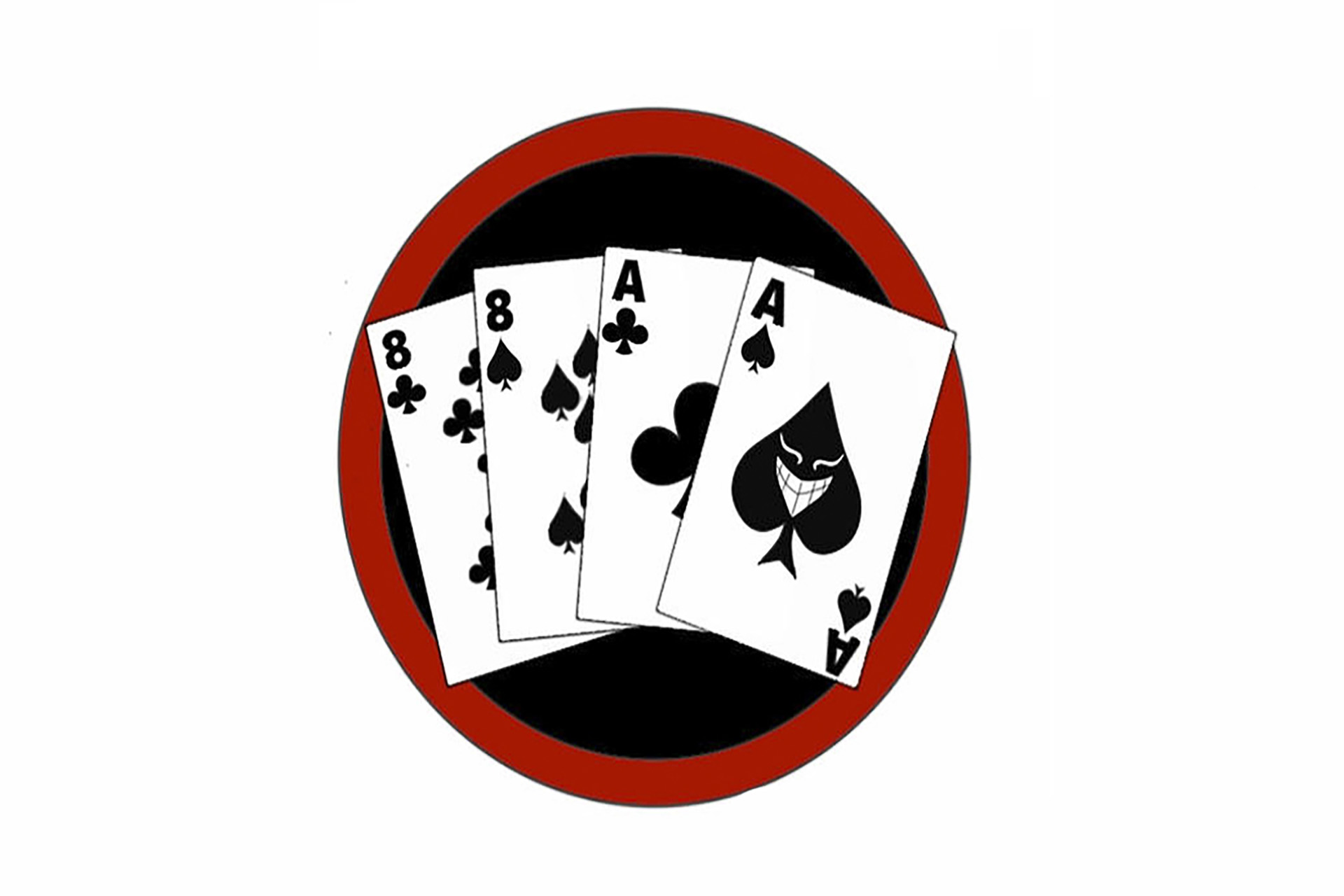Texas Hold’em Poker
Table of Contents
Texas Hold’em Poker
About The Game
When it comes to popularity, Texas Hold’em is the most played variants of poker and has fascinated players throughout the decades. The history of the game began in 1829 in New Orleans, ever since then, multiple variants of the game have been released. The recognition of this game has continued to grow and players are flocking from everywhere to get a piece of the action.
In Texas Hold’em, players are dealt two cards face-down. After which, each player gets an opportunity to exercise his betting options. Next, 3 cards are dealt simultaneously on the table for all of the players to share. This is often called a flop, and it’s followed by another round of betting. A fourth card, called the turn, is then dealt, and it too is followed by a round of betting. One final card called the river is dealt followed by a final round of betting. When all bets have concluded, there’s a showdown, during which the very best ranking hand wins the pot.
Game History
The invention of Texas Hold’em is unclear but Robstown, Texas is believed to be the official birthplace of the popular card game as declared by the Texas State Legislature. This poker variant is believed to be conceived and first played within the early 20th century. After the sport gained popularity throughout Texas, it had been taken to Las Vegas in 1967 by Texas Natives. After its initial introduction to Vegas, Hold’em Poker was only offered at the Golden Nugget Casino. This casino didn’t attract many influential players and the game didn’t receive much publicity until 1969 when Texas Hold’em poker was made available at the Dunes Casino. The recognition of Texas Hold’em surged during the 2000s due to its exposure in literature, the Worldwide Web, Movies & TV Shows. The recognition of this game also can be credited to its combination of simplicity and complexity. The structure and rules of Texas Hold’em are often easily learned while allowing a sophisticated interaction of strategies. Currently, Texas Hold’em one among the foremost poker variants in Canadian and American Casinos
Probability
The most important skill that players can use in Texas Hold’em is probability. There are many players who get into the sport without understanding the way to calculate the chances of completing their hand. Players may get lucky, but they’re going to more often lose if they do not know the probability of filling their hand. A simple means to calculate the chances of completing a hand is to match the amount of cards that are needed to finish the hand. As an example, if a player must complete a flush and already has 4 cards that are suited, the amount of unknown cards is 46. Additionally , because the player has 4 suited cards and there are 13 cards during a single suit, there are 9 possible cards that would complete the player’s hand. This suggests that the player’s chance of filling the flush is about 19%. These odds worsen when the hands of other players are taken under consideration as these players could hold a number of the needed cards because these cards are completely unavailable. When players understand the chances in Texas Hold’em then they know when to play more tightly and are prepared to easily recognize when to put a bet. Another important aspect that players should take under consideration is their starting hand. The strength of starting hands will determine how the player will proceed within the game. In many cases, players won’t be a dealt strong starting hand and thus shouldn’t get into the process of betting big. The probability for being dealt various Poker starting hands is as follows
- Pocket pair: 6%
- Suited cards: 24%
- Non-paired and non-suited cards: 71%
- Ace/King: 0.3%
- Ace/Ace: 0.5%
- Suited Ace/King, King/Queen, Queen/Jack or Jack/10: 1%
- Ace/Ace, King/King, Queen/Queen, Jack/Jack or 10/10: 2%
- Suited Jacks or higher: 2%
- Suited 10s or higher: 3%
- Connected and suited cards: 3.9%
- Connected 10s or higher: 4.8%
- Any pocket cards with rank of Queen or higher: 5%
- Any pocket cards with rank of Jack or higher: 9%
- Any pocket cards with rank of 10 or higher: 14%
- Any connected cards: 15.7%
- Any pocket cards with rank of 9 or higher: 20.8%
- Non-suited or connected cards with at least 1 card between 2 and 9: 53.4%
These probabilities prove that premium starting hands are a few and players should expect to fold more often than placing a bet or a raise. A mixture of calculated poker plays, tactics and methods form the bedrock of any successful poker player.



